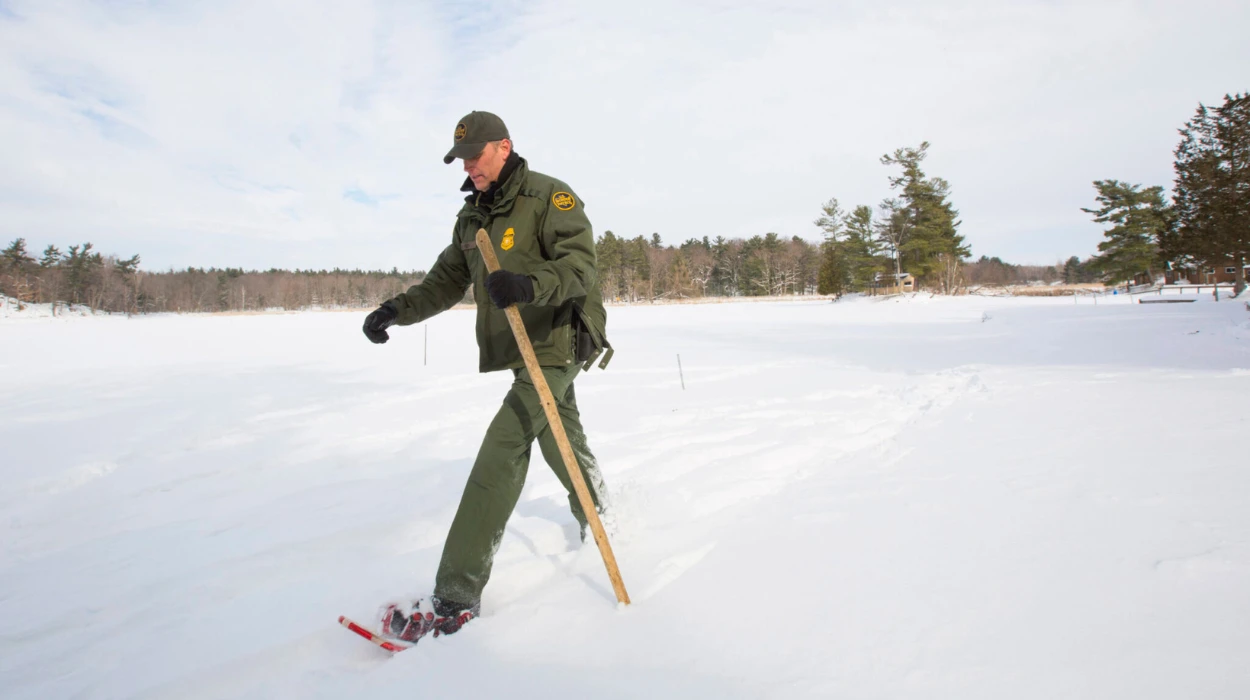USA (Transatlantic Today) – To handle increasing migration along the U.S.-Canada border, the U.S. Senate enacted the Northern Border Coordination Act with unanimous votes. The legislation, co-authored by Senators Gary Peters and Susan Collins, intends to establish the Northern Border Coordination Center at Selfridge Air National Guard Base to increase border security activities and to bolster personnel by recruiting more Border Patrol agents for understaffed areas.
The U.S.-Canada border, extending over 5,500 miles, is the longest international border in the world. It features numerous patrol sectors and official crossing stations, but remains largely undefended, marked only by minimal physical barriers and natural boundaries. This extensive and often unprotected expanse has led to rising concerns about illegal crossings.
Surge in Illegal Crossings
The number of unlawful crossings from Canada into the United States has fundamentally increased. U.S. Customs and Border Protection (CBP) saw roughly 190,000 people attempting to enter the country from Canada in 2023—a significant rise over prior years. Washingtonstatestandar reports that the Swanton Sector, which includes portions of New York, Vermont, and New Hampshire, has experienced the greatest increase in apprehensions—a 550% increase in interactions from Quebec.
According to a 2019 Government Accountability Office analysis, competing demands for resources for the U.S.-Mexico border are mostly to blame for the severe personnel shortages along the northern border. By strengthening staffing, coordinating better, and using technology more effectively, the Northern Border Coordination Act seeks to overcome these shortcomings.
Smuggling and Migration Patterns
Many migrants crossing the northern border come from countries outside Canada, with significant numbers from Mexico, India, Bangladesh, and Haiti. Increased migration may be linked to smuggling networks exploiting migration routes. Recent changes in Canadian visa regulations for Mexican nationals have also influenced migration pattern.
National Security Concerns
The rising number of encounters with individuals on the terrorist watchlist at the northern border has heightened national security concerns. In 2023, CBP recorded 484 such encounters from Canada, a dramatic increase compared to previous years. Additionally, drug seizures at the northern border have risen, though weapons seizures have decreased.
Economic opportunities in the U.S. compared to Canada may be driving increased migration. Immigrants often find more job prospects in the U.S., despite lacking formal documentation. This trend underscores the broader economic contributions of immigrants to industries such as agriculture, construction, and services.
The Northern Border Coordination Act represents a strategic effort to enhance security and address the growing challenges of border management. As the bill awaits action in the House, it reflects an increasing recognition of the need for improved resources and coordination to manage the complex dynamics of the U.S.-Canada border.


























